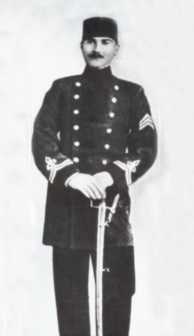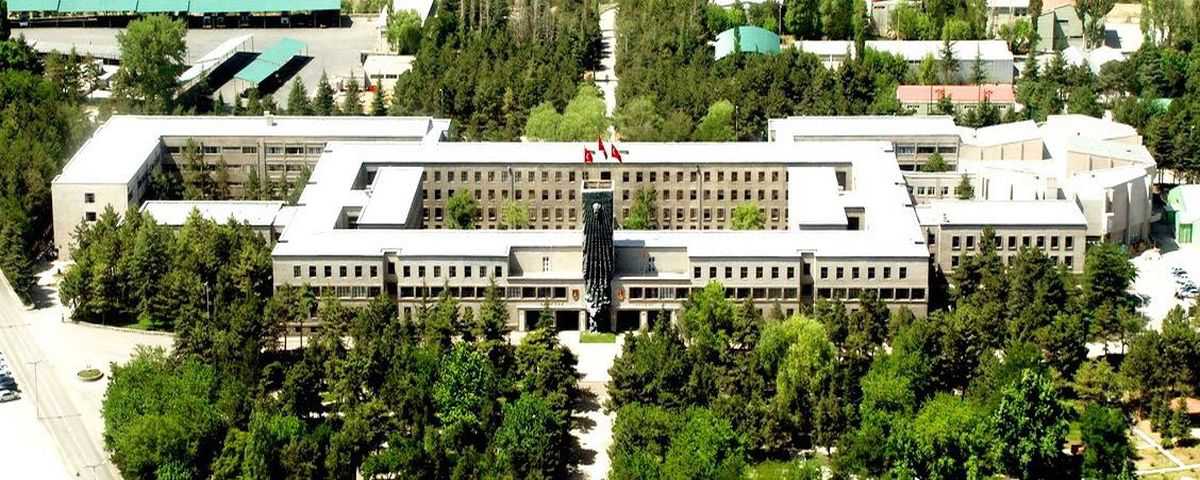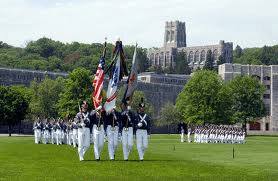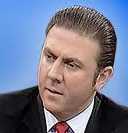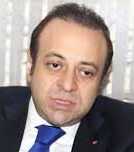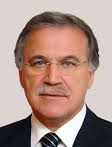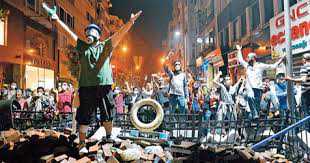
I have a rendezvous with Death
At some disputed barricade,
When Spring comes back with rustling shade
And apple-blossoms fill the air–
I have a rendezvous with Death
When Spring brings back blue days and fair.
Alan Seeger, (22 June 1888 – 4 July 1916)
I have a rendezvous with death…John F. Kennedy’s favorite poem. From war hero to “Cold-War warrior,” then on to late-life enlightenment as president of the United States. He saw the lunacy of war and the chance for “peace in all time.” And so did his “enemy” embodied by Nikita Krushchev. And for that, on 22 November 1963, John F. Kennedy was murdered by agents of his own country. And Krushchev would later spend his forced retirement-years weeping in desolation.
That horrific day, in that blinding sun, in that criminal Dallas street. At a half-hour past high-noon, Kennedy was trapped in the assassins’ hellacious cross-fire. And that head that had conjured peace exploded all over the world in a spray of blood and brain tissue. Mobster government. Mobster American gore. And his murderers, these felons, gaped and grinned, mumbling to each other, “Served the bastard right. Next time, don’t mess with peace!” And no one has since, not even the Nobel Peace Prize winner.
“I speak of peace,” said Kennedy, “as the necessary, rational end of rational men.” For that, these forces of darkness, these enterprises of war, these lowlife patriotic charlatans gunned him down. I was twenty-three, a new army lieutenant. I loved Kennedy, his youth, our youth together, his hopefulness, his intelligence. They killed me too, that dark day. They killed many rational men and women, that infamous day. They killed rationality that murderous day.
America? Peace? West Point? War? Big business? Guns? Politicians? Truth? Missiles? Poverty? They killed the world that day! And like some grotesque cancer, “they” live still.
And now it is today, fifty years later. And today we see Turkey at its disputed barricades embroiled in a life and death struggle against these same forces of darkness. It is called AMERICA. And in a few days Turkey will vote. For whom? Why, of course, for America! Who else? Aren’t Americans clever? Of course they are.
Turkey is, I mean, was, a revolutionary nation founded on these words by Mustafa Kemal Atatürk, “Peace at home, peace in the world.” This same Turkey now sponsors and exports terrorism and death. What gives it the right? It’s puppet-certificate issued by that great puppet master, America. Turkey, its banana republic puppet government knows no depth too deep and stinking to satisfy America’s imperial ambitions. And the money and the license to steal is convenient, too.
Brave Turkey! It obeys American orders to trump up incidents for war. It shoots down a Syrian fighter that is attacking, not Turkey, but terrorists forces in Syria that are supported and supplied by Turkey and America. Terrorists that eat the organs of their mutilated enemy. The Turkish prime minister and the Turkish president cheer the dropping of the Syrian jet. Isn’t war grand sitting on your fat backsides in your plush chairs? Sure it is. How brave they are.
The main opposition party (CHP), having a few days before shouted that Assad is a dictator that kills his own people, supports the downing of the plane. Hell, don’t they know that killing your own people is no big deal anymore. Look at Erdoğan!
But the CHP could care less about young lives lost. It proved that in its disregarding the youth of Gezi Park. That Turkey and America and the other backers of the Syrian mayhem are committing war crimes also escapes the main opposition party. So a vote for either AKP or CHP is a vote for American criminality and aggression. Yes, Turkish elections are a marvel of democracy. Yes, they are indeed. And the fact that southern Turkey is now crawling with religious terrorists escapes the CHP, too. Some main opposition party! But who cares about that when one can crawl in the sewer looking for votes?
Poor Syria, so close to Turkey. It had thought that the Turks were their friends. Well, too bad for them. When it comes to matters Turkish, DO NOT THINK! And so close to the religious bigot Erdoğan who is out to genocide the Alawites of Syria. They are his fellow Muslims. But who gives a damn about religion when the sewer of American money is involved? Erdoğan the Conqueror has helped destroy all the secular states across North Africa and the Middle East. Hooray for America! Hooray for Allah! Hooray for Erdoğan! Vote for AKP! Vote for CHP! Vote for America! Vote for DEATH!
The claim that the Syrian plane, which in its straight-down death spiral landed well inside Syria, violated sacred Turkish air space is absurd. First, there are no longer southern borders in Turkey. Terrorists come and go with ease. But such ignorant arrogance is the trademarked response in what passes for Turkish foreign policy. Go to southern Turkey. The borders do not exist. Turkey has been completely corrupted by American needs. And speaking of corruption…
The prime minister and his ruling party have plundered every aspect of the once secular Turkish republic. There is no law, no security, no morality, not a shred of democracy remains. They have for years collaborated with the Fethullah Gülen movement to destroy the Turkish nation.
First, they cooperated to destroy the Turkish military.
Mission accomplished!
Second, they turned the Turkish justice system into a slaughterhouse of illegality.
Mission accomplished!
Now the disgraced prime minister, adored by his many rationality-challenged admirers, claims that all the bad things have been caused by big, bad Fethullah Gülen, the CIA frontman holed up in rural splendor just outside Philadelphia.
“Hey, Pennsylvania!” Erdoğan shouts derisively, demonstrating the third English word he knows. It is all such a sick, stupid joke, a bad three act CIA-play that I described in my writing Final Curtain last November. I really don’t want to talk about this anymore. And Erdoğan’s ranting has driven me and most other Turks mad. A conniver and a deceiver, he is in his “Eagle’s Nest,” shouting at the moon.
But the CHP has gone one better. Even Erdoğan wouldn’t dare this nifty maneuver. It has made a pseudo-alliance (in Turkey, all alliances are pseudo) with the “Hey Pennsylvania” movement. Hard to believe? Not in Turkey. Dismissively called “Feto,” Gülen’s movement has been out to destroy secular Turkey for decades. That’s why Feto raced to America and into the loving embrace of the CIA and green card happiness in Pennsylvania. The cute swindles called Ergonekon and Balyoz were inspired by Feto as frontman for the CIA. Tayyip Erdoğan is a creature of the CIA. And now the main opposition party is a creature of the CIA. The entire voting process is a creature of the CIA. What worked for the juntas in South America is alive and well in Turkey. Viva la CIA!
So by all means, Vote!
Erdoğan’s AKP has brought you America’s version of Turkey.
Yes, Vote!
The CHP has brought you yet another American version of Turkey.
Surely, you should do your democratic duty…
VOTE!
Feto, having slimed his way through the arteries of the secular Republic of Turkey for years, gives you the super-duper American version of Turkey. But either way you get him.
Of course, you could vote your conscience. But that never mattered much.
But be thankful for one thing. Unlike for John Fitzgerald Kennedy, the “new” American government doesn’t blow peoples’ brains out in broad daylight any more. Unless you happen to get in the sights of a drone or attend a wedding in an open field. Or are wandering around southern Turkey.
Yes, this Sunday, 30 March 2014, Turkey will have a rendezvous with death when spring brings back blue days and fair.
But will the air be filled with apple blossoms?
James (Cem) Ryan
Istanbul
25 March 2014
ALLAH’S BOYS
TURKEY’S POOR PLAYER
FINAL CURTAIN
I have a rendezvous with Death
At some disputed barricade,
When Spring comes back with rustling shade
And apple-blossoms fill the air—
I have a rendezvous with Death
When Spring brings back blue days and fair.
It may be he shall take my hand
And lead me into his dark land
And close my eyes and quench my breath—
It may be I shall pass him still.
I have a rendezvous with Death
On some scarred slope of battered hill,
When Spring comes round again this year
And the first meadow-flowers appear.
God knows ’twere better to be deep
Pillowed in silk and scented down,
Where love throbs out in blissful sleep,
Pulse nigh to pulse, and breath to breath,
Where hushed awakenings are dear…
But I’ve a rendezvous with Death
At midnight in some flaming town,
When Spring trips north again this year,
And I to my pledged word am true,
I shall not fail that rendezvous.
Alan Seeger, uncle of Pete Seeger
1888-1916
Killed in action at Belloy-en-Santerre, France, during the Battle of the Somme.
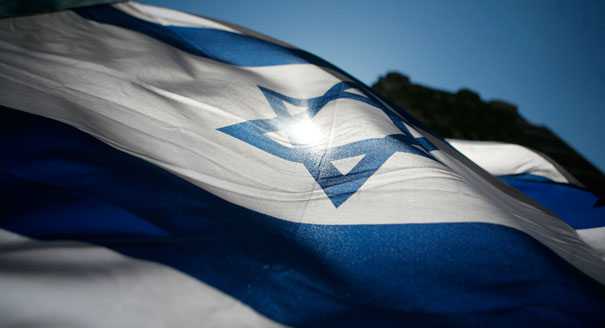 (DiscloseTV) — In the video below as well as some articles around the internet we see that for the first time in history, Israel is closing all it’s embassies and consulates worldwide. I agree with DAHBOO here, the timing, the events going on across the globe, the missing Malaysia flight and the potential for this plane that is missing since March 9th possibly being used in a terrorist attack, all indicate that Israel is bringing their people back home where they can be protected, no matter what they claim is the “official” reason.
(DiscloseTV) — In the video below as well as some articles around the internet we see that for the first time in history, Israel is closing all it’s embassies and consulates worldwide. I agree with DAHBOO here, the timing, the events going on across the globe, the missing Malaysia flight and the potential for this plane that is missing since March 9th possibly being used in a terrorist attack, all indicate that Israel is bringing their people back home where they can be protected, no matter what they claim is the “official” reason.



